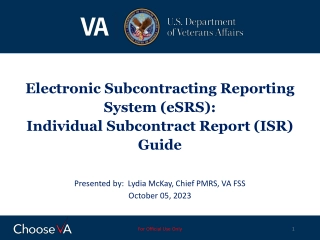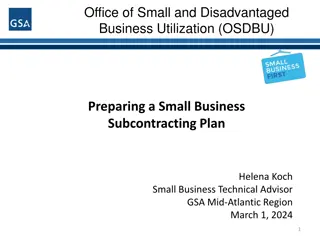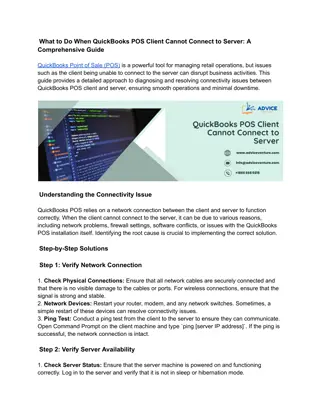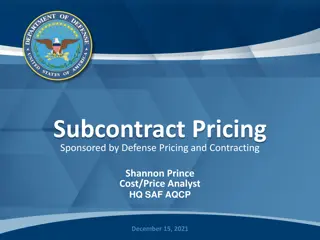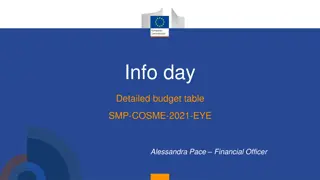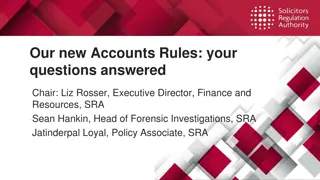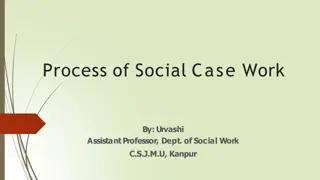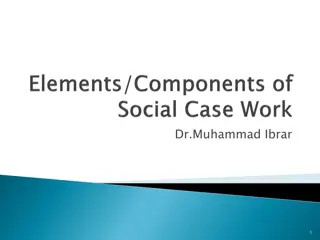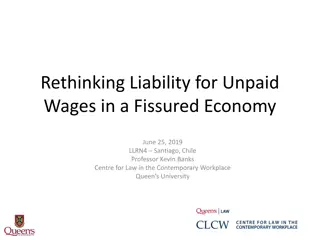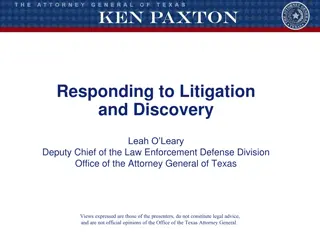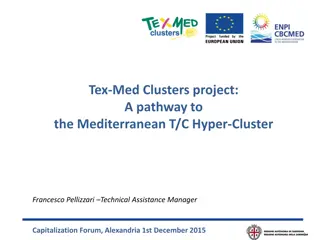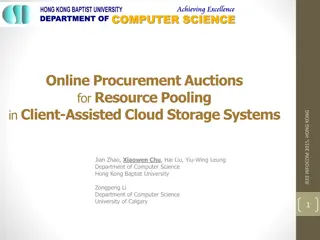Understanding Subcontracting in Client Services: Important Terms and Responsibilities
Subcontracting work in client services is common, necessitating clear contracts and insurance coverage. This document outlines the importance of contracts, terms for subcontracting, and who is responsible for reviewing agreements. Ensuring clarity and understanding of terms is crucial in subcontracting agreements.
Download Presentation

Please find below an Image/Link to download the presentation.
The content on the website is provided AS IS for your information and personal use only. It may not be sold, licensed, or shared on other websites without obtaining consent from the author. Download presentation by click this link. If you encounter any issues during the download, it is possible that the publisher has removed the file from their server.
E N D
Presentation Transcript
Dont STRIKE OUT with Don t STRIKE OUT with SUBCONTRACTORS SUBCONTRACTORS Kristina Phillips, Director of Client Services Kristina Phillips, Director of Client Services The information in this document was obtained from sources which, to the best of the writer s knowledge, are authentic and reliable. Alliant Insurance Services, Inc.. makes no guarantee of results and assumes no liability in connection with either the information or recommendations obtained in this document. Moreover, it cannot be assumed that every acceptable procedure is included in this document or that abnormal or unusual circumstances may not warrant or require further or additional procedures.
What is Subcontracting? Subcontracting work is very common in our line of work. It is better to hire a professional than to try and do the work ourselves and make a mistake Common work that is subbed out includes: Fumigation Pre-treatments Bed Bug detection Carpentry
Selling a Subcontracting Job When a job is sold you should ALWAYS enter into a contract between you and your customer A contract establishes a relationship that can be enforced by law More importantly, a contract now triggers insurance coverage Should have a contract for ALL types of work and EVERY job!
Terms for Subcontracting You each agree to certain terms They pay you xxx amount You do defined job Explicit guarantee OR NOT Includes Indemnification language and Insurance requirements (in commercial accounts)
What is NOT a Contract? A Quote A Bid Purchase Order Work Order Verbal Agreement A Certificate of Insurance Handshake! You want to have the exact terms of the jobs laid out in the contract prior to starting the job!
Who is responsible? Does your company have a knowledgeable person reviewing the contracts/insurance requirements? Or does the salesperson? Did you know PestSure will assist you? Understanding what you are agreeing to is CRITICAL CRITICAL!
What does the contract do? When you hire a subcontractor they are subject to the same contract terms It is very important to also have a contract in place between you and sub This is necessary to establish parameters, but also manage Risk!
You are Ultimately Responsible! It is sometimes forgotten when you engage a sub, you are still responsible for their actions. Why? Because YOU agreed to the terms of, and signed the original contract with your client When you hire a subcontractor, if something goes wrong and there is a claim, you are ultimately responsible for their actions. Having a contract reduces your exposure
IMPORTANT! Language to Include When entering into the contract with your sub, make sure it includes the following: Same insurance requirements as your contract with customer include AL, GL and WC Indemnification language between you/sub include arising out of or resulting from Obtain copy of certificate of insurance evidencing you as additional insured (and whatever other requirements as outlined in original contract) Be aware of the My Buddy fallacy
Common Pitfalls Waivers of Subrogation A relinquishment by an insurer of the right to subrogation. Or the right to collect from another party for damages paid on behalf of the insured. These are very commonly requested in contracts, and easily agreed to. NOT in your best interest, especially in WC (but most commonly requested) TRY TO NEGOTIATE OUT OF! When you agree to this, also agreeing for the subcontractor Make sure they are able to comply with requirement
Common Pitfalls Workers Compensation Sole proprietors are not required to purchase WC (exempt) Often skip to save money Assure you they would never file a claim If they are injured, YOU are insuring them Affecting your loss experience and Experience Modifier, thus affecting premium
Common Pitfalls Umbrella Coverage Very commonly requested in Commercial Contracts Sits over AL, GL and EL (part of WC) Is very expensive Many subs may not purchase, or enough Where does this leave you in they event of a claim?
How do we know this? We have 40+ years of claims data specific to our insureds to support We have a staff of 20+ dedicated to servicing PestSure clients. We have insureds all over the country and have seen many scenarios that you might run up against.
Not sure what to do next? We re here to help! We re here to help! For contract review, contact Kristina. For insurance requirements, contact Maria. For claims, contact to: Abby Thalachelloor, Director of Claims Tate Eperjesi, Liability Team Lead Kim Barrett, Workers Comp Team Lead
Contact Information Kristina Phillips, Kristina.APhillips@Alliant.com, 972-375-4732 Maria Maldonado, Maria.Maldonado@Alliant.com, 469-690-3044 Abby Thalachelloor, Abby.Thalachelloor@Alliant.com, 214-490-9630 Tate Eperjesi, Tate.Eperjesi@Sedgwick.com, 972-906-8534 Kim Barrett, Kim.Barrett@Sedgwick.com, 972-443-9105


